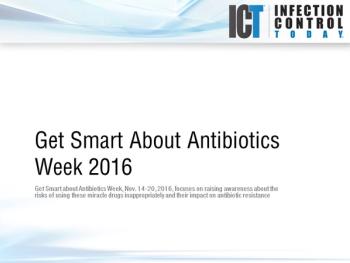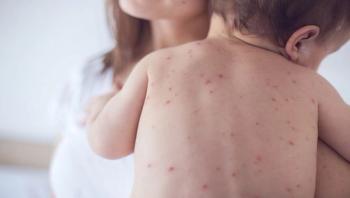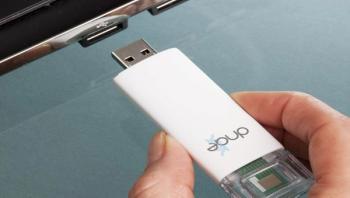
News













Research on New, Rapid Screening Test Identifies Potential Therapies Against Drug-Resistant Bacteria
Researchers at the National Institutes of Health’s National Center for Advancing Translational Sciences (NCATS), Clinical Center and National Institute of Allergy and Infectious Diseases (NIAID) have created a new way to identify drugs and drug combinations that may potentially be useful in combating infections that are resistant to many different antibiotics. They developed an assay (test) to rapidly screen thousands of drugs to determine how effective they were against a variety of types of resistant bacteria.


Scientists at the University of Sussex, trying to uncover how the common Epstein-Barr virus causes blood cancer in adults and children, have discovered how the virus takes control of two genes involved in cancer development so it can switch them on or off.


For the first time in 60 years, a tropical bed bug has been confirmed in Florida, and University of Florida Institute of Food and Agricultural Sciences researchers urge the public to send them samples of suspected bed bugs for identification.


Scientists have developed a type of HIV test on a USB stick. The device, created by scientists at Imperial College London and DNA Electronics, uses a drop of blood to detect HIV, and then creates an electrical signal that can be read by a computer, laptop or handheld device. The disposable test could be used for HIV patients to monitor their own treatment. Furthermore, the technology could enable patients with HIV to be managed more effectively in remote locations.





For most invading bacteria, the bladder is not a friendly place. But for those that have figured out how to scavenge iron from their hosts, it’s a fine place to grow and reproduce. And for millions of women a year, that means painful, burning, potentially dangerous urinary tract infections. Now, in an ironic twist, scientists have turned that iron-scavenging power against the most common UTI-causing bacteria.




